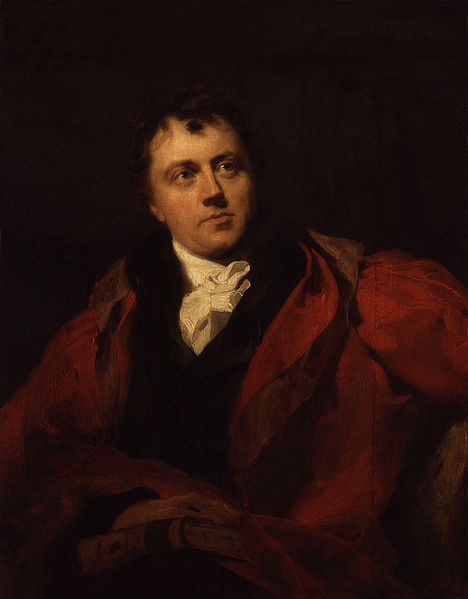October 24: Sir James Mackintosh (1765)
Sir James Mackintosh was one of the society that met regularly at the home of Henry Richard Vassall-Fox, 3rd Baron Holland, known as “Holland House,” a noted gathering-place for Whigs in the 19th century. In his Memoirs (vol III, p331), Charles Greville quotes historian John Allen, popularly known as “Holland House Allen,” commenting on Mackintosh’s “declaration of religious belief on his deathbed, when he had never believed at all during his life.”* His pious son, Robert James Mackintosh, failed to convert his father before his death in 1832, as he honestly recounts in his Memoirs of the Life of the Right Honourable Sir James Mackintosh (1836, vol. IV, pp485-490). English jurist John Taylor Coleridge, in Memoir of Baron Bramwell (Letter of October 18, 1877), classed Mackintosh as an unbeliever with the likes of John Stuart Mill, John Tyndall, and Thomas Henry Huxley. In fact, Mackintosh lived and died a Deist.
= = =
* “Allen talked of Mackintosh, and of his declaration of religious belief on his deathbed, when he had never believed at all during his life. He said that Mackintosh was not very deeply read in theology. … He thought if Mackintosh had lived much with Christians he would have been one too.” (Memoir, vol. 3, December 16th, 1835) A note appended to the text says, “John Allen was himself so fierce an unbeliever, and so bitter an enemy to the Christian religion, that he was very fond of asserting that other men believed as little as himself. It was almost always Allen who gave an irreligious turn to the conversation at Holland House when these subjects were discussed there.” John Allen lived 1771-1843.


